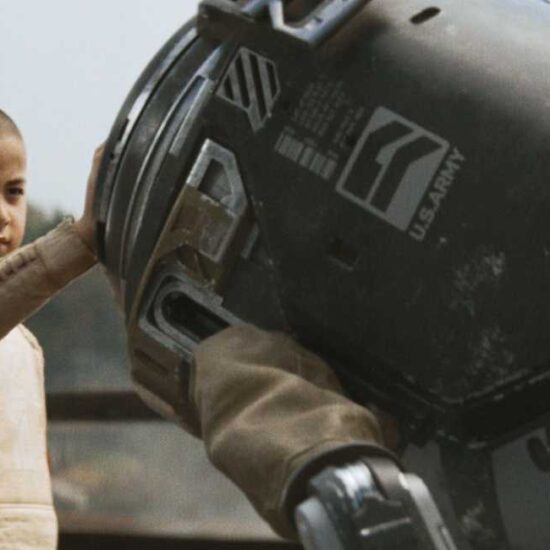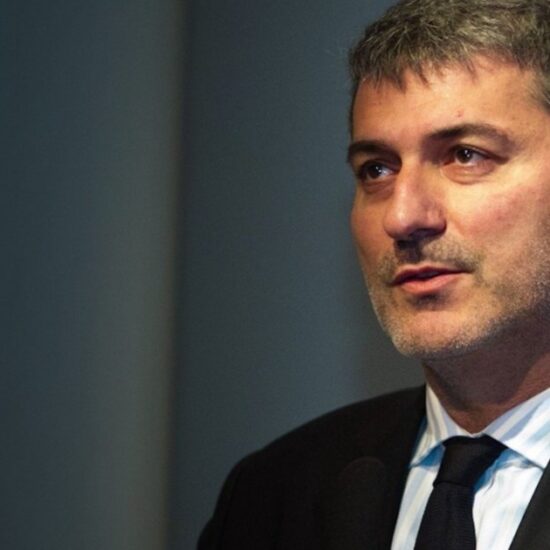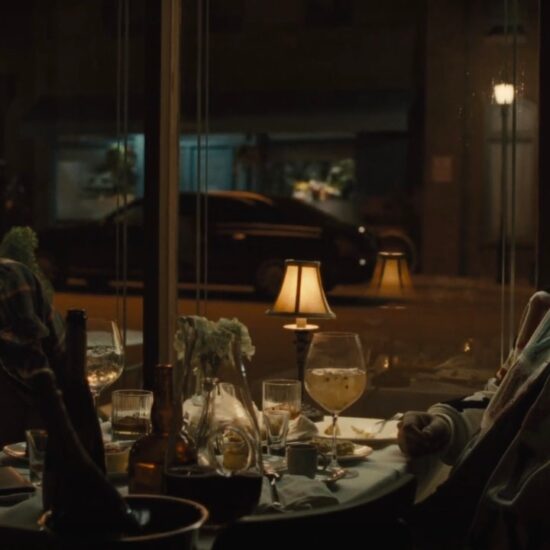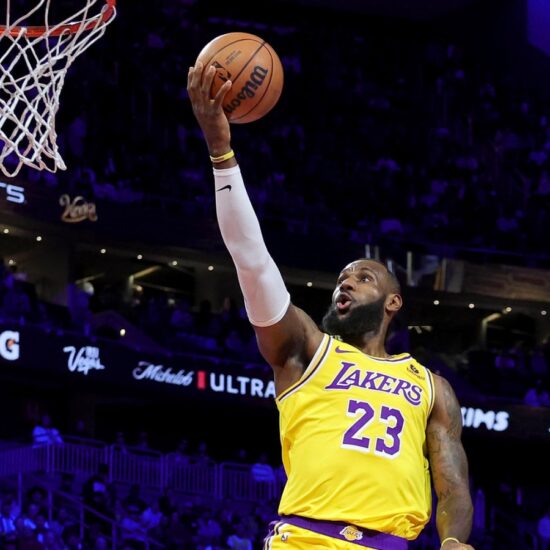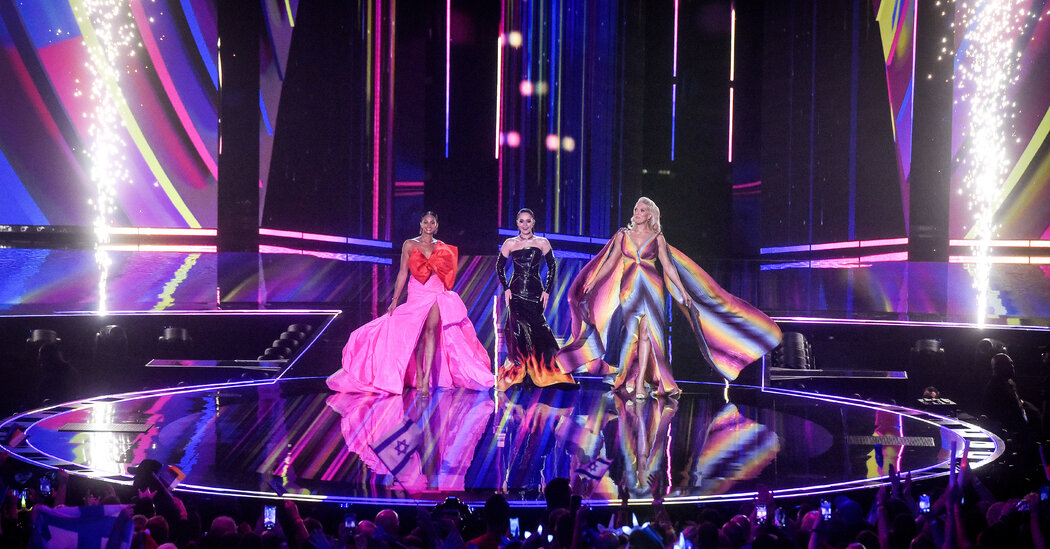
Follow our live coverage of the 2023 Eurovision final.
The Eurovision Song Contest has been an annual fixture in the global pop calendar since 1956 — with the exception of 2020, when the competition took an enforced Covid-19 gap year — and this month, the competition takes place in Liverpool, England.
Organized by public broadcasters gathered in the Switzerland-based European Broadcasting Union, Eurovision is a colorful, fiercely contested competition in which each participating country sends an act to perform an original song that’s no longer than three minutes. The winner is decided by vote at the end of the “grand final.”
More than 160 million viewers from across the world watched last year’s contest — for comparison, the Super Bowl this year drew 113 million viewers — and Eurovision’s popularity continues to grow steadily. Eurovision has even begun to make inroads in the United States, a country generally immune to the event’s flamboyant celebration of pop music.
Below are rundowns on this year’s hotly tipped acts, advice about how to watch from the United States and why the event is being hosted in England this year.
Who gets to compete?
Only seven European countries competed in the first Eurovision Song Contest, which was staged as an experiment in live, international TV broadcasting.
Today, 52 countries have participated in Eurovision at least once. To narrow the field before the grand final, since 2008 there have also been two semifinals. This year, the top 10 countries at each semifinal move on to the grand final.
The 2023 edition of Eurovision features a total of 37 entries, including the “Big Five” — France, Germany, Italy, Spain and Britain — who are the top financial contributors to the E.B.U. These five countries go straight to the final, skipping the treacherous elimination round.
Bulgaria, Montenegro and North Macedonia are not competing this year, officially because of the costs associated with entering. Belarus has been suspended since 2021, after its disputed 2020 election and subsequent brutal crackdown on dissent, with the E.B.U citing “the suppression of media freedom” in the country.
Why does Australia take part?
Eurovision has a history of inviting seemingly unlikely participants, provided they are members of the E.B.U. Morocco, for instance, joined the fray in 1980; Israel has won four times since its first appearance in the contest, in 1973.
Those two countries are at least nearer Europe than Australia is. But Australians have long viewed the contest in impressive numbers, even though it airs live at 5 a.m. Sydney time, and they have competed in it since 2015. Australia’s current agreement with the E.B.U. is supposed to end after this year, however, so who knows what will happen next time.
How can U.S. residents watch?
As in 2022, Peacock hosted livestreams for both semifinals, and will do the same for the grand final on Saturday, from 3 p.m. Eastern.
For the final, viewers can opt to watch with commentary from the Olympic figure skater and longtime Eurovision fan Johnny Weir, who made an assured debut hosting last year’s livestream.
How has the war in Ukraine affected the competition?
Traditionally, the country that wins Eurovision holds the event the following year. Ukraine won last year with Kalush Orchestra’s track “Stefania,” but since the country is still at war, Britain — last year’s runner-up — stepped in to host. (And not for the first time: Britain has won five Eurovisions but hosted nine, including this year’s.)
Russia was disqualified from the 2022 edition after its invasion of Ukraine. The E.B.U. then suspended Russia, so it will not be competing this year.
Since openly political songs are forbidden at Eurovision, some acts are using generic messages of empowerment, like the Ukrainian duo Tvorchi’s song “Heart of Steel,” about bravery. Flirting more brazenly with disqualification was the Croatian entry, Let 3’s “Mama SC,” a bonkers, highly theatrical antiwar number that employs one of Eurovision’s favorite creative devices: allegorical satire.
How does the voting work?
Eurovision’s notoriously complicated voting rules and protocols have changed many times over the decades, and again this year. Previously, each country was awarded points based on a combination of votes from viewers at home and by juries in each competing country.
After the contest’s organizers found “voting irregularities” among six countries’ juries in last year’s semifinals — many of whom seemed to be voting for one another — the rules were tweaked, with the semifinals now being decided exclusively by viewers and the grand final results combining points from viewers and juries.
Oh, and all this voting happens live, which helps explain why the grand final broadcast takes about four hours.
Can American viewers vote?
Traditionally, voting was limited to viewers in countries participating in the contest — who couldn’t vote for their own act — meaning American Eurovision fans couldn’t cast a vote.
But in a change that’s indicative of Eurovision’s world-spanning ambition, this year nonparticipating countries can vote for the first time, via an official online hub. That includes viewers in the United States.
Who are this year’s favorites?
The bookmakers’ favorite to take the title is “Tattoo” by Loreen, from the Eurovision powerhouse Sweden. Loreen is a known quantity, having won the contest in 2012 with “Euphoria” — a 21st-century Eurovision classic. There are no restrictions on acts competing several times, and other familiar faces this year include Italy’s Marco Mengoni and Moldova’s Pasha Parfeni.
Were Loreen to grab the top spot again, she would become the second performer to win twice, after Johnny Logan, who won for Ireland in 1980 and 1987.
Finland is another favorite, with a demented entry, Kaarija’s “Cha Cha Cha,” which is basically electronic body music, set in a glittery thunderdome. For Weir, who presents Peacock’s Eurovision coverage, this all shows the daring tastes of Eurovision viewers. “The fact that the oddsmakers think that Finland will do so well this year shocked me just because I didn’t know if everyone could get behind that kind of wild, over-the-top character of Kaarija,” he said in a recent phone conversation.
The competition’s dark horses include Spain, which has not won since 1969; this year bookies are placing a few euros on Blanca Paloma and her song “EAEA,” which sounds a bit like Cocteau Twins experimenting with flamenco.
Who are the more surreal acts?
It’s often countries most Americans would struggle find on a map that deliver Eurovision’s most memorable performances, even if they don’t necessarily make it out of the semifinal.
“The response I got last year was just how impressed people were that there was an act for Moldova that had them standing on their couches and dancing,” Weir said.
This year, the eye-popping numbers include the Austrian song “Who the Hell is Edgar?,” in which Teya and Salena sing about being possessed by Edgar Allan Poe, and Germany’s outré mini-rock opera “Blood and Glitter,” by Lord of the Lost.
Competition for the most awkward Eurovision lyrics is close, as always, but let’s give Israel’s Noa Kirel a nod of approval for coming up with a tongue-twisting rallying cry in her song “Unicorn”: “It’s gonna be phenomen-phenomen-phenomenal/Phenomen-phenomenal/Feminine-feminine-femininal.”
Classic Eurovision poetry.








